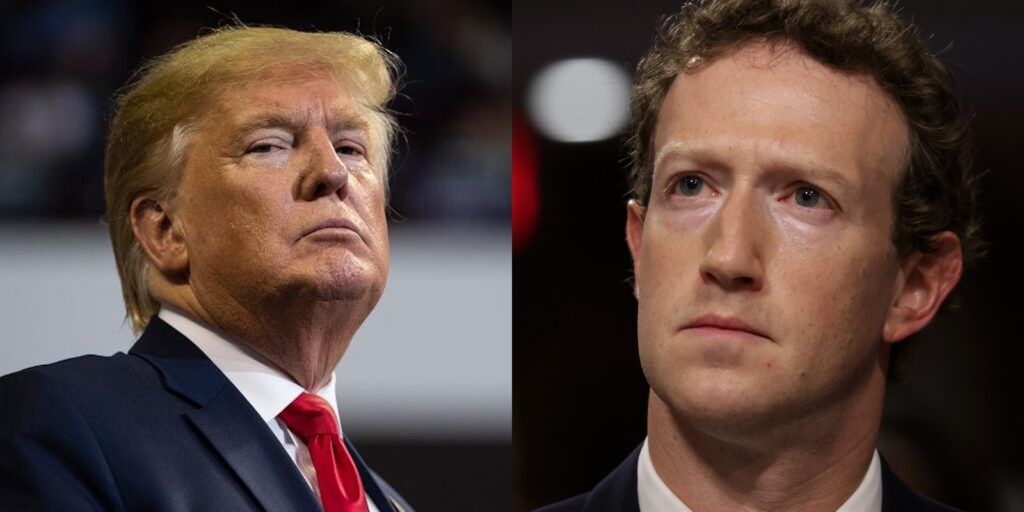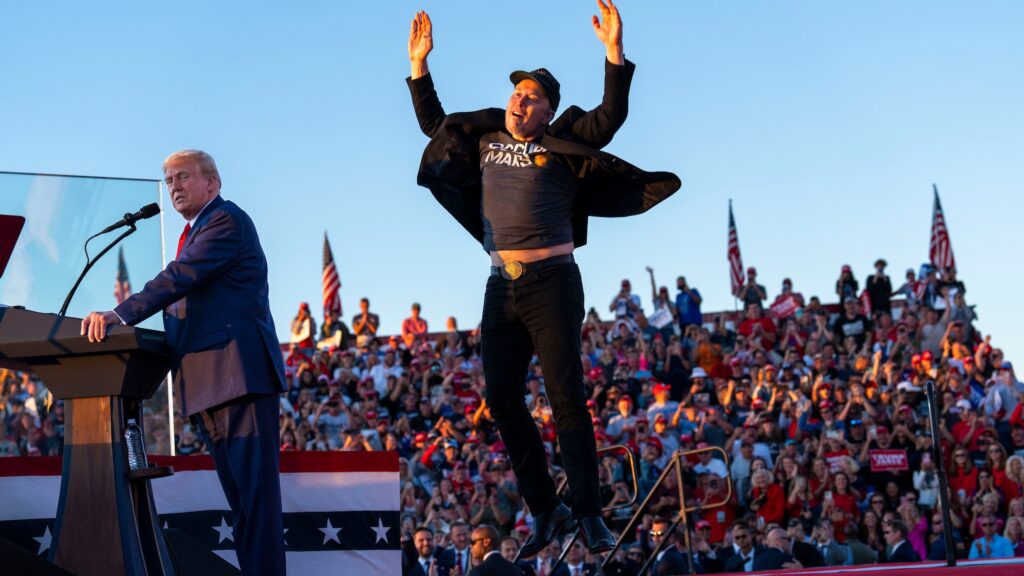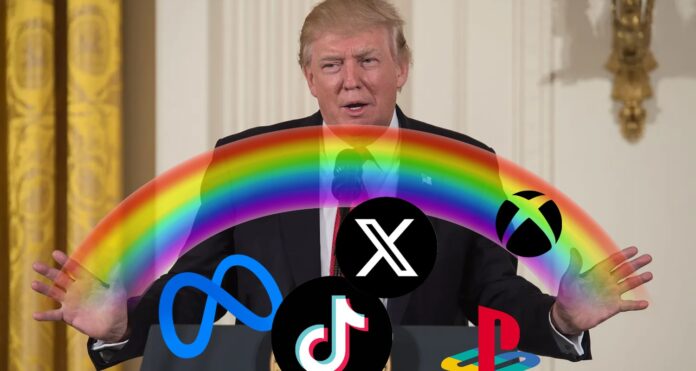The transition into the new year marks a pivotal shift in digital platform governance. Last week Meta CEO, Mark Zuckerberg, announced that the firm is getting rid of fact-checkers. The announcement tells you everything you need to know about how tech companies are recalibrating their positions within an evolving political landscape.
According to Zuckerberg: “Fact-checkers have been too politically biased and have destroyed more trust than they’ve created.”
I’m sure it had nothing to do with Trump threatening back in August that Zuckerberg would “spend the rest of his life in prison” if he did “anything illegal” to influence the presidential election. Following the Republican win, Zuckerberg heartily congratulated Trump. And last week Meta also announced a new head of its global policy team’s lead, Joel Kaplan, who was White House Deputy Chief of Staff under George W. Bush. The US President-elect promptly stated that Meta “had come a long way.”

Big Tech
It’s part of a broader pattern that deserves attention. For one, Big Tech has been quick to bend the knee to the incoming US president. It’s an overt form of corporate risk management. Terrified of escalating existing tensions and getting on the wrong side, major tech firms have increased their donations. It is a marked shift from their previous stance of relative political independence. None of them wants to be the focal point of a government investigation.
Next, the potential gains are substantial. As vassals to the US administration, tech firms stand to improve their global competitive position. Tencent, the largest game maker in the world, which generated an estimated $37 billion in gaming revenue globally in 2024, was recently blacklisted by the US Department of Defense. Tencent believes it was added in error as its stock price dropped 10% on the news.
TikTok ban
It echoes the more overt protectionist policies in China that require foreign game publishers to partner with domestic firms to access its consumer market. Trump is also calling on the Supreme Court to block the January 19th deadline that would force Chinese social media firm ByteDance to sell its popular subsidiary TikTok or face a ban in the United States. Being on the right side of the incoming president has become a priority for tech companies, many of which have contributed to Trump’s record-breaking inaugural donation fund. That’s what we’re going with: donation fund
Finally, after first promising import tariffs that are likely to disproportionally impact interactive entertainment, creative studios active in the US now also face a more treacherous domestic market. The sweeping conservatism that is about to take office is likely going to regard video games with renewed suspicion.
President-elect BFF
In November last year, now BFF to the President-elect, Elon Musk, fenced with the idea of buying Hasbro. He did not agree with the most recent updates to the Dungeons & Dragons players’ handbook, among other things, calling for the toymaker and its subsidiary, Wizards, to “burn in hell.” A week later Musk further offered to “make games great again.”

It is unclear if Mr. Musk is going to follow through on these initiatives. His outbursts against, well, everything, distract from the fact that all major platform holders are eagerly conforming to the tastes of the new administration. A generation ago large retailers like Walmart and Target removed games from their physical shelves. Given how quickly large tech firms have conceded, there’s no reason to assume digital platforms will put themselves at risk over a game.
Platform holders are the largest gatekeepers in interactive entertainment, and their politics have just shifted to meet a new cultural moment. It changes the board for developers and players alike.

